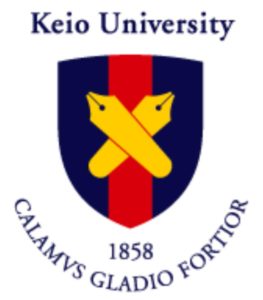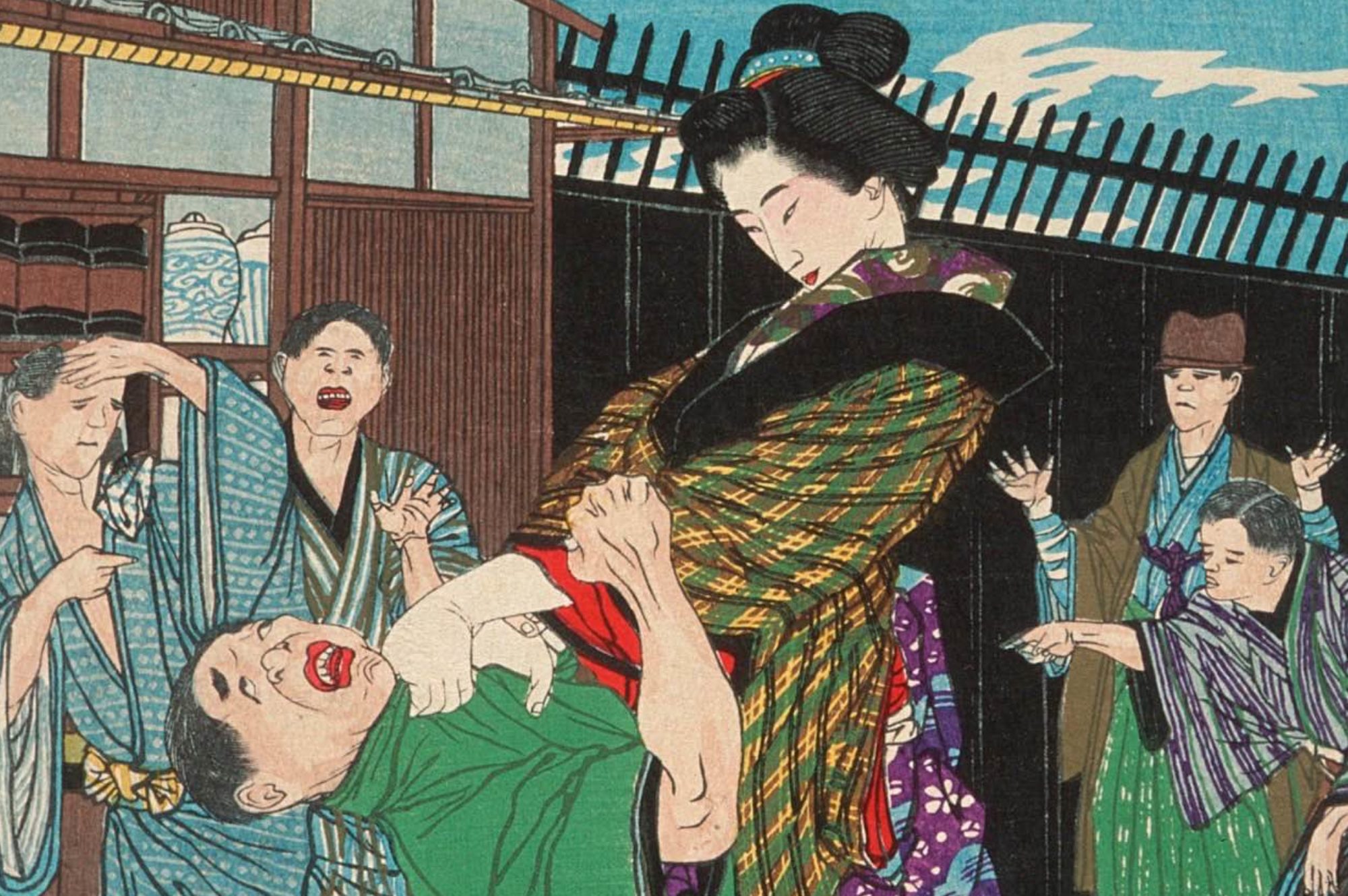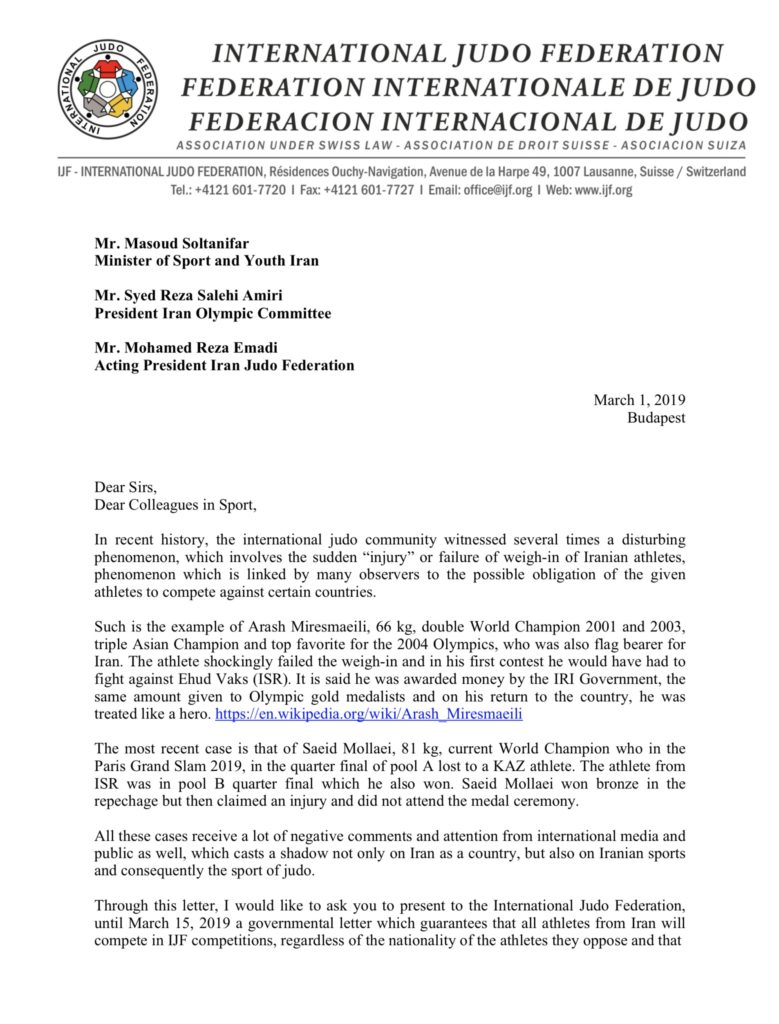The sporting orientation of world judo is the subject of some criticism. The main criticism is that Kano’s method is aligned with the model of international professional sports, a mode of operation and references that offend the consciences of those for whom competition is only one facet of the activity. In a decade, significant changes have occurred at such a rate that the generational gap has widened considerably, exacerbating the contrast of eras and the difference in experiences.
Last September, I received in Bordeaux a university team of Kosen Judo composed of more than thirty students and accompaniers. Guests at the Pilat dune and the Gujan-Mestras club for a training followed by a friendly evening, they particularly enjoyed oysters. Volunteer at the opening of these delicious seafood freshly removed from the Bassin d’Arcachon, I found myself around a huge net to talk about judo, refereeing and leg grabbing. When, I pointed out that this prohibition was relatively recent, one of the present competitors replied without hesitation and in a definitive tone: “Me, I never knew this period”. This remark is in line with that of many of my students who are invested daily in federal training centers. I felt it again as the affirmation of a line of demarcation between two entities: the judo of yesterday and that of today. It was not a value judgment, but rather a statement of two distinct realities, two worlds moving apart inexorably.
The evolution of judo is too fast. It does not happen in the continuity but in the break. Long defined as a practice of building personality and body, judo is nowadays seen as an object of consumption and a spectacle sport. The multiplication of championships, the world ranking of athletes in seniors – but also in juniors and cadets -, the widespread attribution of bonuses, transfers of nationality, a professionalism more and more installed … shock those who affect to ignore the reality of a past rich in transgressions of all kinds.
The initial question posed in 1951 by the first president of the IJF, the Italian Aldo Torti, is then updated: “Is judo a sport? “. To discuss the subject without putting each of the terms in the historical perspective of the evolution of societies, lifestyles and sports activities remains vain. What is less so is the perception of a bygone era, it is the segmentation of an activity formerly strong in the coherence of its facets and its educational scope and today assimilated to a commercial product.
The real question is that of the future of judo, the mastery of adaptations and necessary changes but all too often made in haste and the absence of a clear and shared vision. Kano has voluntarily opted for an innovative approach. By “reinventing the martial arts”, the founder of judo solved the difficult equation of reconnecting with tradition while inscribing his method in “the spirit of the times”. Today, however, there is a growing gap between those who favor a stagnation and a classicism ignorant of social change, and those who are indifferent or forgetful of cultural heritage.
Criticism reflects uncertainty and fear, that of the gradual abandonment of a tradition and principles whose implementation rarely exceeds the level of electoral discourse. Like other countries, France continues to play a role in the imbalance between tradition and modernity. Budget allocations prove it. At the international level, the greatest criticism concerns the observed wavering of the definition and application of the refereeing rules. A retreat however is necessary and a historical look is enough to affirm that today there exist real improvements in the matter. Indeed, the time is over for an all-powerful refereeing body defining, on the very morning of the championship and without any consultation, special instructions in the application of certain sanctions. If, at present, the inequality of competence of some referees does not escape the eye of the insiders, nobody can deny that the abusive and scandalously partial decisions which for decades have distorted world or Olympic championships have fortunately disappeared. However, nothing is acquired. What about the collective indignation that for more than half an hour interrupted the fights in Bercy at the world championships in 1997 or the final lost by Clarisse Agbegnenou on an illegal strangulation? The fact that none of these decisions has been reversed is to be borne neither to the credit of the refereeing body nor to that of the governing bodies.

My previous remarks on the values of judo have been variously appreciated. Many who have read to me have let me know that they shared the analysis when I mentioned the double language of those who advocate the values of sport, of friendship or even of sharing, of those who rise up against the scourge of doping by denouncing a betrayal of the spirit of sport and judo, but who remain cautiously silent and indifferent to discrimination and ostracism. Others, few in number, have raised themselves as censors, forbidding the diffusion of a text with which they expressed the deepest disagreement. Why then hide a reality known to every attentive observer? What is the purpose? Don’t we see posted in all the dojo of France: “Courage is doing what is right”, “Honor is to be faithful to the word given”? The authoritarian discourse discredits itself.
Previously, I mentioned Seneca: “It is not because things are difficult that we do not dare, it is because we do not dare that they are difficult”. Once again, Marius Vizer dared. In a letter to the Iranian Judo Federation, the President of the IJF gave a good example of political courage. Do not hesitate to pay tribute to a president who defies the prohibitions and whose actions are in keeping with his words.



